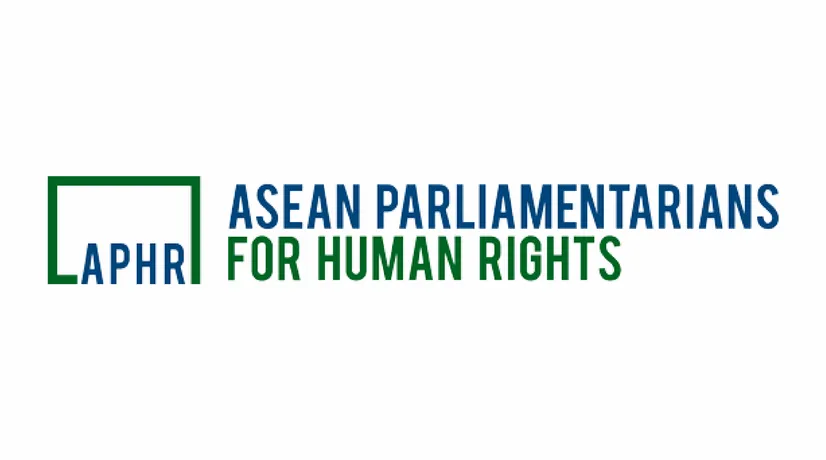Parliamentarians at Risk: Reprisals against opposition MPs in Southeast Asia in 2021
02 December 2021

Across Southeast Asia, parliamentarians are increasingly at risk. Lawmakers who use their mandates to defend human rights or to hold power to account have for years been targeted through trumped-up criminal charges, threats and harassment, physical violence, and detention. In 2021, we continued to see MPs targeted, to a large extent because of the military coup in Myanmar and its devastating aftermath, but also due to alarming developments elsewhere.
This briefing from ASEAN Parliamentarians for Human Rights (APHR) provides an overview of human rights abuses against elected lawmakers in Southeast Asia. The findings in 2021 are stark, and APHR must unfortunately report that the situation facing MPs has only deteriorated further. The number of detained lawmakers in the region rose from just one in 2020, to 91 in 2021 due to the Myanmar military regime’s wave of arrests. In fact, Myanmar has previously been a country where APHR has rarely documented abuses against MPs, but it has now joined the ranks of Southeast Asian states repressing lawmakers.
The coup in Myanmar is the most dramatic example of a wider trend of closing democratic space in the region. In countries where APHR has previously documented abuses against MPs, such as Malaysia, the Philippines, and Thailand, authorities continued to level baseless criminal charges against opposition MPs, while often also being implicated in or failing to prevent or effectively investigate threats, online abuse, and disinformation campaigns against lawmakers. In 2021, the resurgence of the COVID-19 pandemic in the region also served as an apparent excuse to justify the silencing of democratic debate, either by targeting lawmakers exercising their freedom of expression to scrutinize official measures, or by suspending parliament, as was the case in Malaysia.
Announcements
21 May 2025
Open letter: Malaysia must lead ASEAN with principle, not hypocrisy, to address the Myanmar crisis

Progressive Voice is a participatory rights-based policy research and advocacy organization rooted in civil society, that maintains strong networks and relationships with grassroots organizations and community-based organizations throughout Myanmar. It acts as a bridge to the international community and international policymakers by amplifying voices from the ground, and advocating for a rights-based policy narrative.